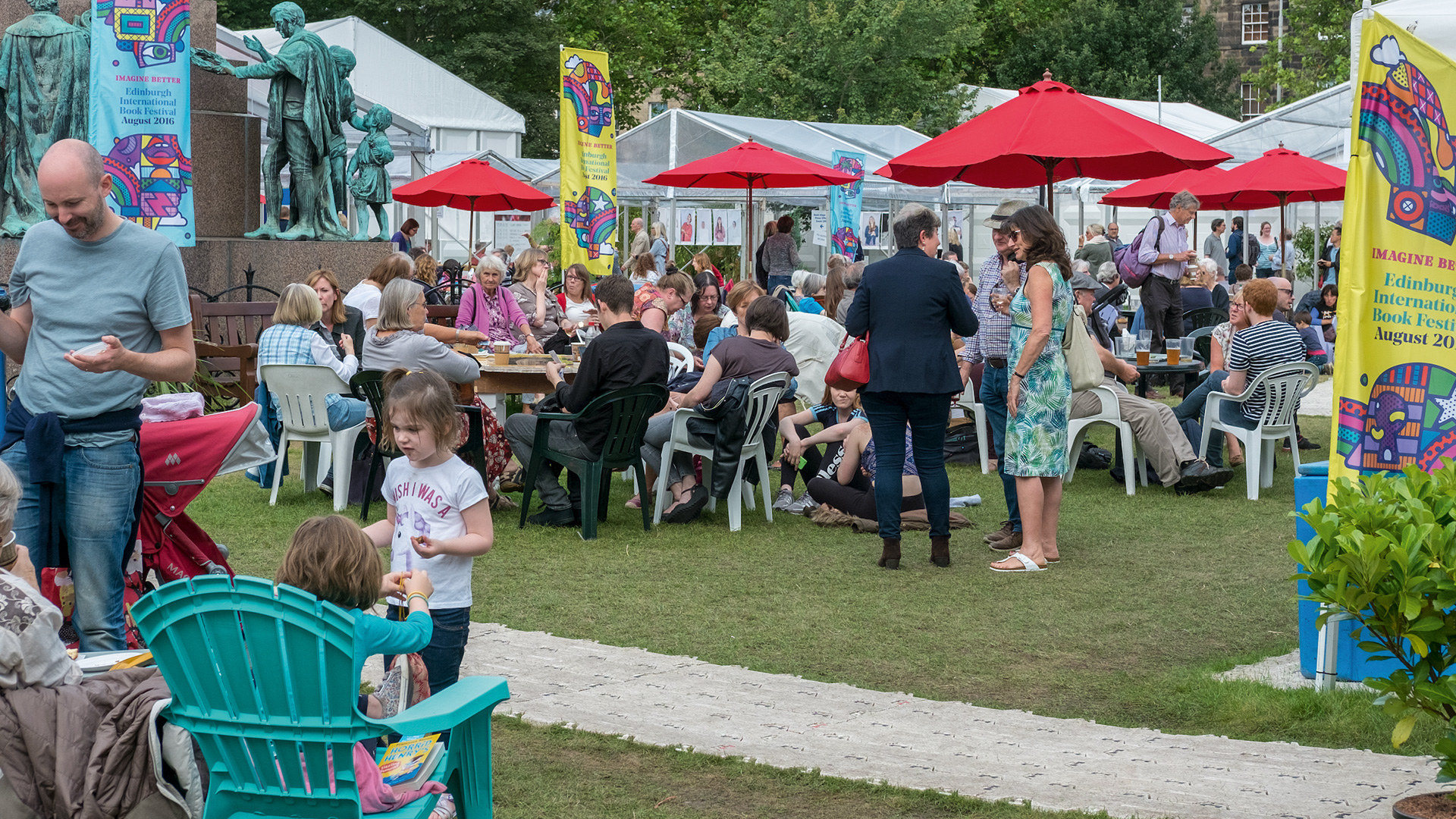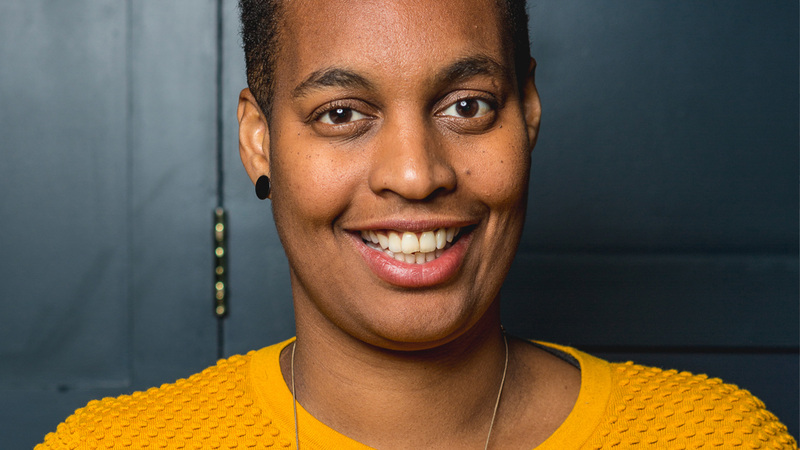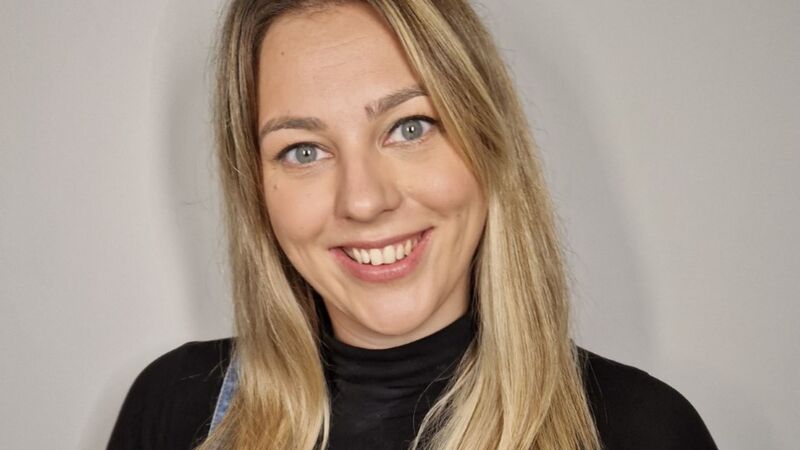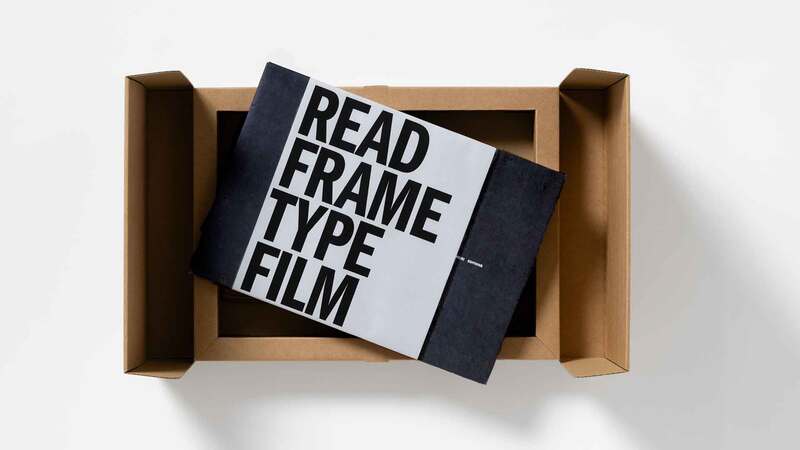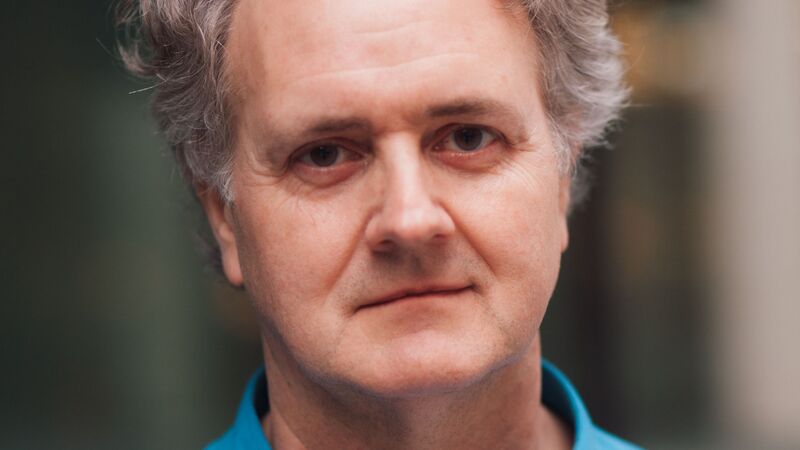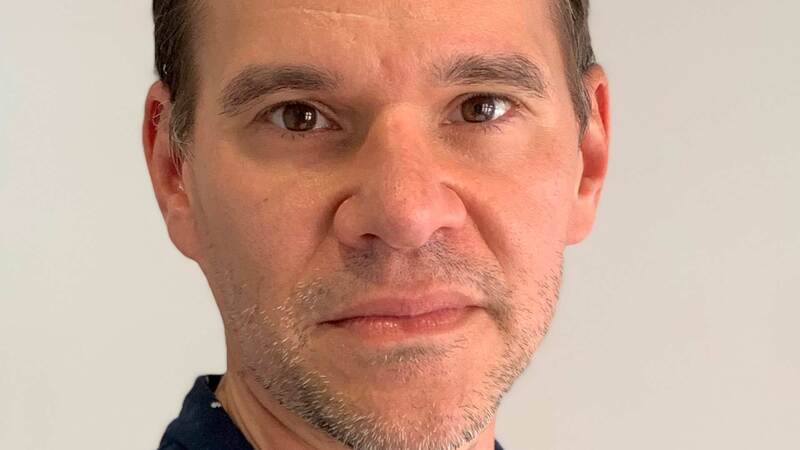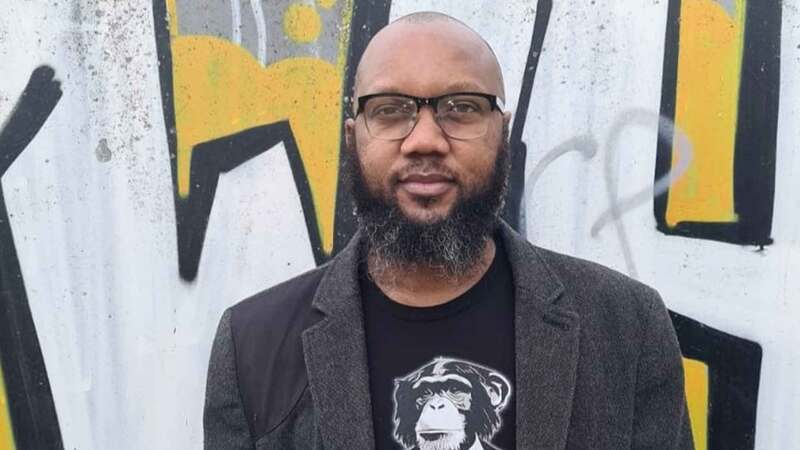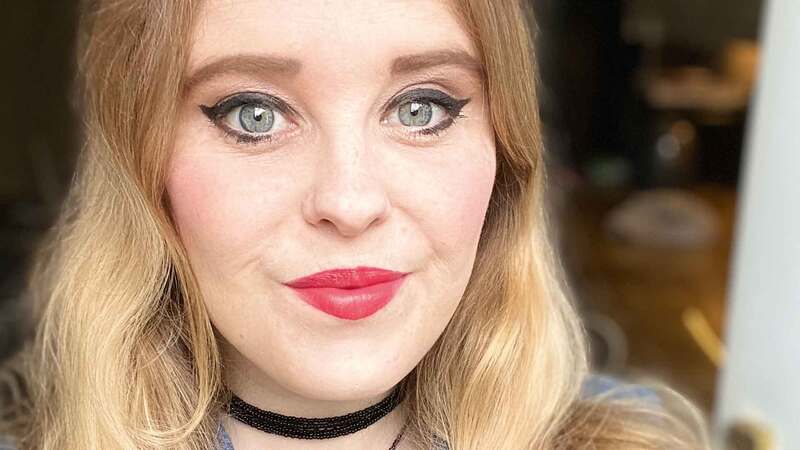You are viewing your 1 free article this month. Login to read more articles.
Surviving festival season with autism
Here’s what helps me cope – and how organisers can provide support too.
With festival season in full swing, it’s worth knowing the book world almost certainly has a high proportion of neurodivergent (ND) people, as well as introverts and those with social anxiety. Easy to forget, when you’re in a tent filled with happily chattering authors, that this is not our natural habitat. I’ve been part of book festivals for over 15 years, as an audience member, volunteer, speaker, chair and organiser. Thanks to a late diagnosis of autism (AS), I now understand why the highs and lows hit so hard, and how it’s possible to go from a chatterbox to needing to lie in a dark room, without any alcohol involved. I’ve learnt to survive festival season whether I’m in the audience, on stage or behind the scenes. Planning is important, as is collaboration; all those involved in festivals can make life easier for those with AS and/or anxiety. The result is a happier, healthier, more diverse and inclusive experience for everyone.
Know your limits: try not to sign up for more than you can reasonably manage. Being ND often means finding it hard to say no, so have an honest conversation with your publishing team if you’re an author, and set realistic goals for your energy. Factor in the prospect of feeling overwhelmed, and the need to rest afterwards; don’t commit to other engagements "on your way home".
Get the lay of the land: scout ahead for quiet places where you can slip away for a break. Ask the organisers for a map of the area, and to signpost breakaway rooms. Don’t feel guilty for taking chill-out time, if it’s what you need to get through the day.
Use your tech/signals: noise-cancelling headphones or earbuds, a sunflower lanyard if you feel comfortable wearing one, or a pin badge/wristband to signal to staff or audiences. Often the pressure to "go stealth" doesn’t come from us, but from the worry others will misunderstand or make assumptions. It would be great to normalise the wearing of ND insignia, so if you’re comfortable doing this, please know it makes a difference.
Many writers (and readers) are familiar with the feeling of being a bit "different" – and there are genuine connections to be made
Stay hydrated: nothing hastens autistic burnout like dehydration or poor diet. If you have special dietary requirements, or experience textural challenges with certain foods/drinks, pack plenty of your preferred snacks. Don’t be tempted to use alcohol to compensate for feeling stressed or anxious, or as a social "bridge".
Dress comfortably: avoid tight, hot or over-structured outfits which might make it harder to cope with other sensory stresses.
Pros and cons of proximity: some of my ND friends swear by the on-site hotel, so they can take a rest whenever they need one. I prefer a nearby hotel as it’s likely to be quieter, and getting off-site involves fresh air and exercise. "Hotel syndrome" is always worse for those of us with sensory issues, so make sure you get out and about whenever you can.
Remember you’re among friends: many writers (and readers) are familiar with the feeling of being a bit "different" – and there are genuine connections to be made. Small talk is usually easier at a festival than anywhere else: "Who are you going to see / what have you seen / what are you reading" are all entry points. Don’t feel you have to network or behave like an extrovert. When you’re ND, one really interesting conversation counts as networking.
…And in safe hands: festivals tend to be run by caring sensitive people who want to be as inclusive as possible. Be clear about your needs, and as open as you can be; it will benefit the whole ND community.
Organisers can help by remembering every person will be in a different place on the spectrum. While many with AS may be sensory-avoidant, there are those who will be sensory-seeking, so it’s best not to make assumptions. An extra tick box or two on the registration/booking form would allow those with AS to signal their preferences. The provision of badges or lanyards, including "ally" versions, will foster a feeling of inclusion and understanding. It helps when a festival has a clear statement of support for those with AS, typically as part of their "rules of conduct" to protect against prejudice or discrimination.
Finally, it would be great to see more festivals embracing neurodivergence in their programming by featuring sessions that examine the representation of autism in books, for example, inviting AS authors to speak on a subject close to our hearts.
I’m part of a panel doing just this at the Theakston Old Peculier Crime Writing Festival in Harrogate in July, exploring ND minds in crime fiction. The more we explore, the greater the understanding, and the easier it will be for everyone to survive and thrive during festival season.




